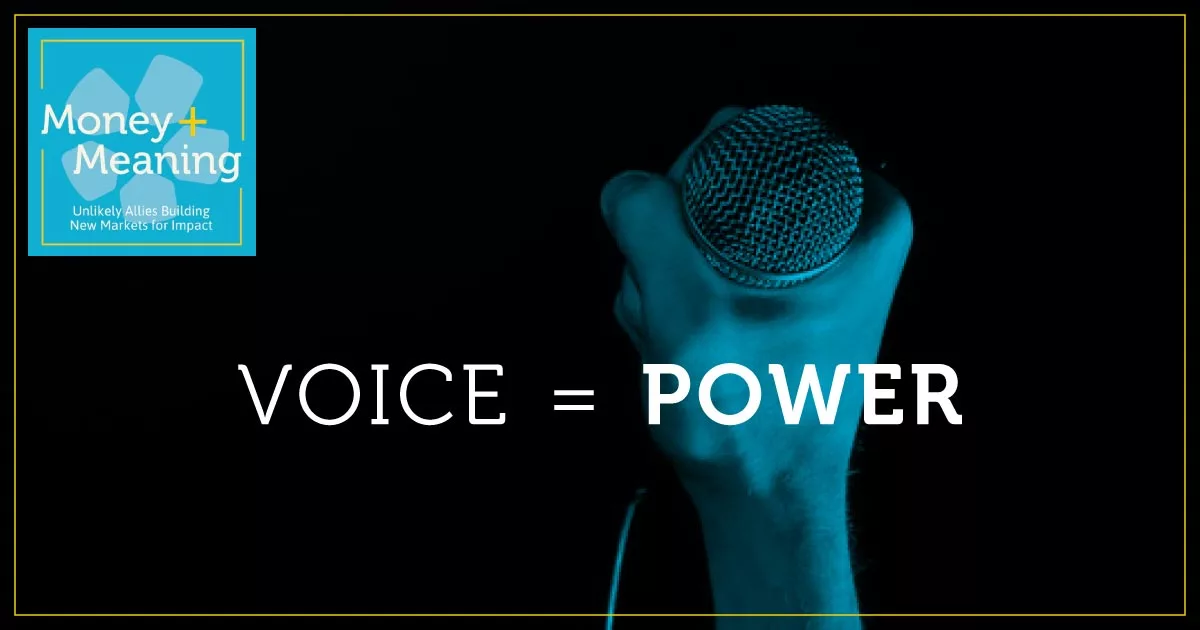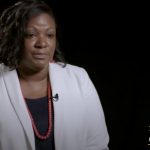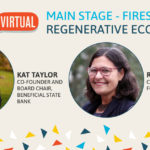Episode twelve of season two of SOCAP’s podcast series, Money + Meaning: Unlikely Allies Building New Markets for Impact is now available!
Listen
Don’t miss an episode! Subscribe to Money + Meaning on iTunes, Stitcher, TuneIn, Spotify, or anywhere else you find podcasts.
Episode 12, Season Two: The Importance of Meeting Valuable Strangers- How Unlikely Allies Can Help Re-envision Community Engagement and Remake American Democracy for Equity
Unlikely allies first begin as valuable strangers. When people from completely different backgrounds and perspectives encounter one another and engage in conversation, they often come to new insights that neither would ever have come to on their own.
We have seen within the SOCAP community that innovative ideas produced by unlikely alliances can create change across institutions and communities. But what about the systemic level? Could conversations between people of different perspectives and backgrounds lead to more equitable economies or systems of government?
In the latest episode of Money + Meaning, host Lindsay Smalling has a conversation that addresses these questions with unlikely allies who are working on community engagement initiatives from two very different institutions: The Massachusetts Institute of Technology (MIT) and The Bill & Melinda Gates Foundation.
Voice = Power
For his entire life, Professor Ceasar McDowell has been interested in the challenges faced by those who are “voiceless” in our society. To McDowell, marginalization robs the individual of not only speech, but power. If you can’t speak openly about your experience, he realized, then you are left out of the conversations that create the systems within your community. “The act of being able to name your experience in the world,” observes McDowell, “to give voice to your experience in the world–is a really powerful thing.”
In McDowell’s view, a person’s voice, or voicelessness, directly translates into power and powerlessness within a democratic system of government. He argues that in a successful democracy the entire population, not only the most powerful, must figure out how to engage in conversation. He believes that is the key to building systems that serve everyone within a community. McDowell realized, “If we have folks that are actually voiceless in the system then that is not going to happen. Those people who are (voiceless) are the ones at the margins of society.”
He suggests that engaging with those people at the margins of society-in a single community or nationally, and listening to what they have to say can help lead to systems change that will create an equitable society. “In a system, one of the things about working at the margins is that you understand much more profoundly what is not working in the system. If you go there and you work there, then you might understand what might be possible to do to fix the system or if the system needs to be abandoned and something else put in place.”
McDowell brings these perspectives into his work as a Professor of the Practice of Community Development in the Department of Urban Studies and Planning at MIT. His work there, including his co-creation of the movement and podcast The Move, brought him to the attention of the Community and Civic Engagement team at the Bill & Melinda Gates Foundation.

A Conversation Leads to New Insights and Initiatives
The mission of the Gates Foundation may be global in scope, but their Community and Civic Engagement team focuses on their home community of Seattle and the Pacific Northwest region. In 2018, that team’s Director, David Wertheimer, travelled across the US to learn from communities that are using technology to advance opportunity and equity in their own communities. It was on that tour that he first encountered Professor McDowell.
During their conversation Wertheimer was surprised to hear Professor McDowell say that he was not a “fan” of human centered design. When he asked why, Wertheimer recalls McDowell answering, “Too often it starts in the middle and works its way out. To be effective, human centered design needs to start at the margins and work its way in. If you start in the middle, you never get to the marginality that human centered design needs to be addressed.”
That conversation changed not only some of Wertheimer’s perceptions, but also impacted his approach to community engagement. Wertheimer went back to his team at the Gates Foundation and told them, “we have to determine how to work with unfamiliar partners in unfamiliar ways” including “communities and constituencies” they have never engaged with before. This new line of thinking quickly yielded some innovative new approaches including a new community-based approach to grantmaking.
The Move
Back at MIT, McDowell and Ayushi Roy, a graduate student at MIT, are working to create systems change through The Move, a movement they are creating to “rebuild the public’s muscle for democracy.” Roy explains that “as our public has evolved in terms of its complexity, its diversity, and it’s variance of voice and access, we need to also evolve the institutions of Democracy to be able to include all those people…to feel like they are decision makers and that their voice is being heard.”
The podcast that McDowell and Roy co-host, also called The Move, features conversations with a diverse group of individuals to get a sense of how different people have been able to engage in public discourse and decision making.
Wertheimer agrees that discourse can lead to systems change, but acknowledges we have a lot more work to do if those conversations are to lead to real and lasting change. “The challenges that we face are structurally embedded in our systems…(we need to be thinking about how we) get the right constituencies at the table, not just to participate in the conversation, but empowered to actually make decisions.”
Hear the full conversation in episode 12 of Money + Meaning.
Featured Voices
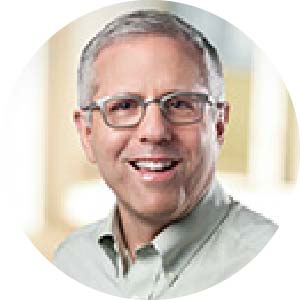
David Wertheimer
Director of Community and Civic Engagement
Bill & Melinda Gates Foundation
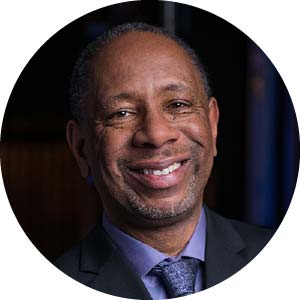
Ceasar McDowell
Professor of Civic Design
Department of Urban Studies and Planning MIT
Co-Chair
Masters of City Planning (MCP) Program MIT
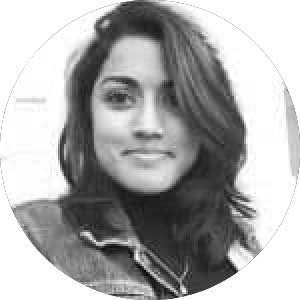
Ayushi Roy
MCP Candidate
Department of Urban Studies and Planning, MIT
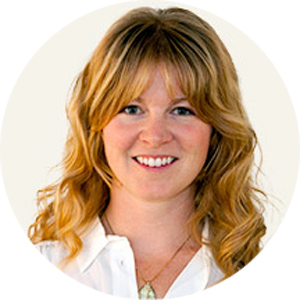 Host: Lindsay Smalling
Host: Lindsay Smalling
About Money + Meaning
Money + Meaning is the official podcast of SOCAP. This series aims to expand the conversation around impact investing and strategies to finance and support social change while stimulating innovative and valuable new partnerships across sectors.
